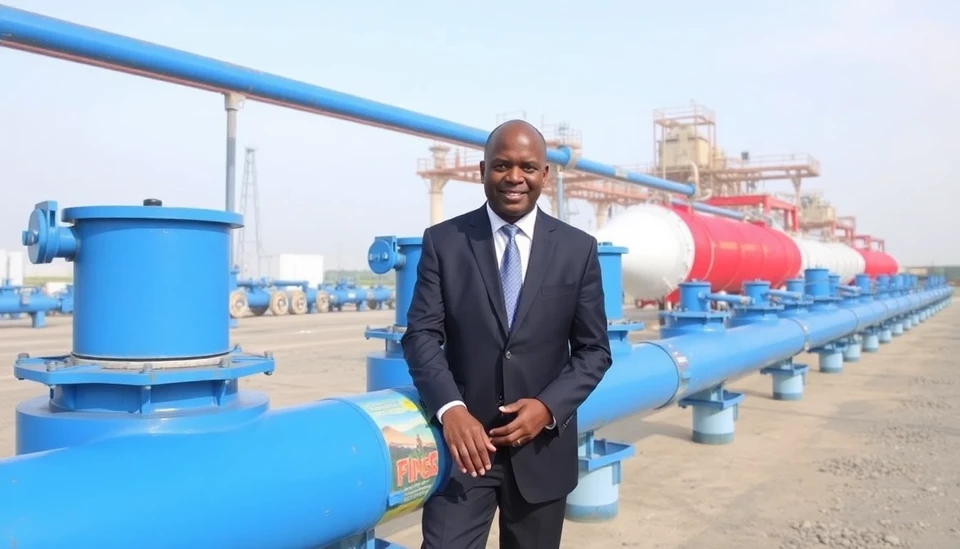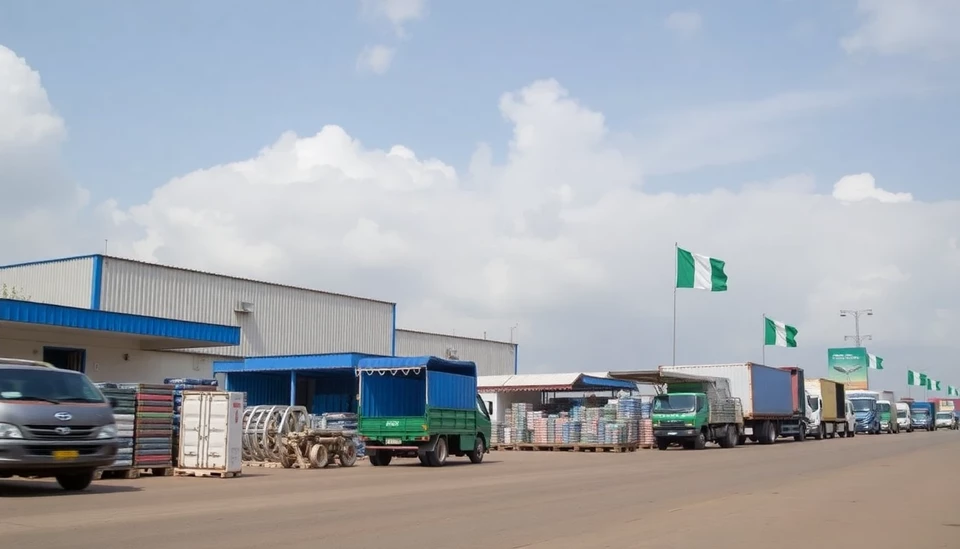
In a pivotal development for Nigeria's energy sector, the Nigerian government has successfully inked a significant agreement to supply natural gas to a newly planned methanol production facility, valued at a staggering $3.3 billion. This strategic move is not only expected to bolster the nation’s economy but also aims to enhance its position in the global methanol market.
The gas supply pact aligns with Nigeria's broader strategy to harness its abundant natural gas reserves, which remain largely untapped despite the country being one of the largest gas producers in Africa. By leveraging these resources, Nigeria intends to reduce its dependence on imported fuels and boost local industrial activities, creating a more sustainable economic framework.
Details of the agreement reveal that the methanol plant will be situated in a key industrial zone, strategically located to benefit from existing infrastructural developments. This positioning is expected to streamline logistics and improve access to both the gas supply and potential markets for the methanol produced. The initiative is expected to generate thousands of jobs, significantly contributing to the local economy and providing a substantial boost to the nation’s industrial output.
Industry experts are optimistic about the potential impact of this project. Methanol is a versatile chemical that serves as a critical building block for numerous products, including plastics, fertilizers, and fuels. The demand for methanol, particularly in the Asia-Pacific region, has been on the rise, making this an opportune moment for Nigeria to position itself as a key player in the global supply chain.
Furthermore, the Nigerian government is looking to implement robust regulatory frameworks that will facilitate investment in the energy sector, potentially attracting additional foreign investment in the future. Stakeholders believe that this gas supply deal is a crucial first step in a series of initiatives aimed at establishing Nigeria as a major industrial hub in Africa.
As Nigeria embarks on this ambitious project, it faces several challenges, including infrastructure development, regulatory compliance, and environmental considerations. Nevertheless, officials remain committed to ensuring that the methanol plant project adheres to best practices in sustainability while maximizing economic benefits for the nation.
In conclusion, the newly signed gas supply agreement for the methanol plant signifies a transformative moment for Nigeria’s industrial landscape, positioning the nation to capitalize on its natural resources and meet the burgeoning global demand for methanol. As the project advances, it is likely to serve as a blueprint for future industrialization efforts across Nigeria’s diverse economic sectors.
#Nigeria #MethanolPlant #GasSupply #SustainableDevelopment #EnergySector #IndustrialGrowth #EconomicDevelopment
Author: John Harris




